Latest News
23 insurgents killed in fresh ANSF joint military raids
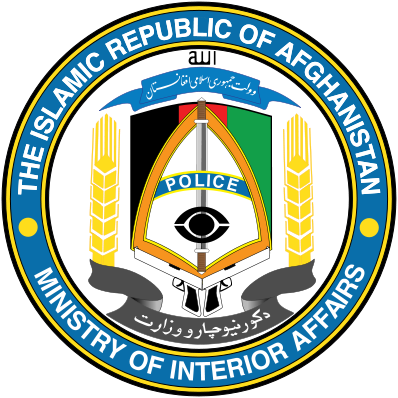
Afghan National Security Forces (ANSF) have killed at least 23 armed insurgents during the last 24 hours, a statement released by ministry of interior affairs says.
According to the statement 23 armed insurgents were killed, 23 wounded & 10 others were arrested during the joint operations conducted by Afghan security forces in Baghlan, Kunduz, Sar-e-Pul, Kandahar, Oruzgan, Herat, and Helmand provinces to clear the areas from the enemies of Afghanistan.
Adding, Afghan National Police have discovered and confiscated light and heavy rounds ammunitions during the operations and further have defused two roadside bombs in Parwan and Kandahar provinces.
The statement further encourages all Afghans to report any suspicious activities and criminal acts and contact Afghan National Police by dialing 119.

Latest News
Afghanistan’s harsh winter intensifies struggles for vulnerable families: WFP
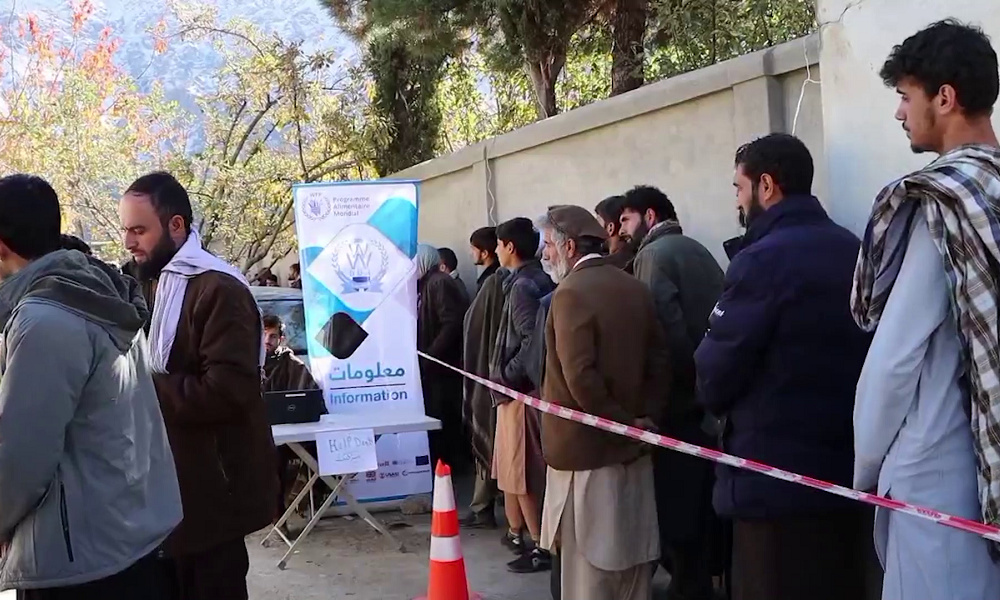
As Afghanistan’s harsh winter sets in, millions of families across the country are being forced to make impossible choices between keeping their children warm or providing enough food, the World Food Programme (WFP) warned this week.
The organization reports that millions of families, already struggling with food insecurity, are now having to make this difficult decision.
“Millions of families are enduring the cold of winter without sufficient food, and many are facing the heart-wrenching dilemma of choosing between feeding their children and keeping them warm,” WFP stated.
International aid agencies had warned that this winter would be particularly difficult for the people of Afghanistan, especially given the shortfall in funding for essential aid.
The WFP recently reported that in Afghanistan's urban areas one in three families was unable to meet their basic living expenses.
In Panjshir province, some residents who have received assistance from WFP expressed concern that the aid provided was insufficient to meet their needs.
“We are grateful to UNICEF, the Norwegian agency, and all other donors, but the aid is not enough,” said one Panjshir resident.
Another added: “Our homeland is remote, and people here are in desperate need. We hope that more support will be provided.”
Meanwhile, the Ministry of Economy of the Islamic Emirate emphasized its commitment to addressing poverty through long-term development projects.
The ministry called on international organizations to support these efforts by focusing on sustainable solutions.
“In the first stage, we thank all the relief organizations that have supported the people of Afghanistan. In the second stage, our plan is to tackle poverty through employment-generating initiatives, infrastructure development, and other projects that will lead to a lasting reduction in poverty,” said Abdul Latif Nazari, Deputy Minister of Economy.
The United Nations Office for the Coordination of Humanitarian Affairs (OCHA) noted that, of the 23 million people in need across Afghanistan, only 15 million have been reached with aid in 2024.
Latest News
EU allocates 19.8 million euros to promote economic growth in Afghanistan

The European Union announced on Monday it has allocated 19.8 million euros to the Aga Khan Foundation and Aga Khan Cultural Services in order to promote inclusive and sustainable economic growth, reducing dependence on humanitarian aid.
The project “Economic Resilience, Women’s Economic Empowerment, and Job Creation in Afghanistan” is totally valued 22 million euros, and it aims to address the immediate needs of Afghan communities while fostering long-term economic stability, inclusion, and resilience, EU said in a statement.
“Millions in Afghanistan remain trapped in poverty, with women disproportionately bearing the burden,” stated Veronika Boskovic Pohar, EU Chargée d’Affaires a.i., EU Delegation to Afghanistan. “This initiative supports inclusive and sustainable economic growth, helping communities build self-reliance. By enhancing employment, income generation, and productivity, it promotes resilient livelihoods, particularly for women and other vulnerable groups, including youth, returnees, internally displaced people, and farmers affected by the poppy ban.”
“The program also considers the severe impact of climate change in Afghanistan by introducing climate-smart technologies and helping communities withstand climate-induced shocks. Additionally, the EU recognise the importance of access to finance and continues to support it through Community-Based Savings Groups under this initiative.”
Over a 36-month implementation period, the program will directly benefit 34,200 households and reach an estimated 292,544 people indirectly, with a strong emphasis on youth and women.
Women’s economic empowerment is at the heart of this initiative, with 26,793 women expected to benefit directly and an additional 146,272 indirectly, through activities such as women-led dairy initiatives. To meet their specific needs, the project offers tailored training and business development support.
Latest News
Muttaqi, Turkmen FM visit TAPI project in Afghanistan
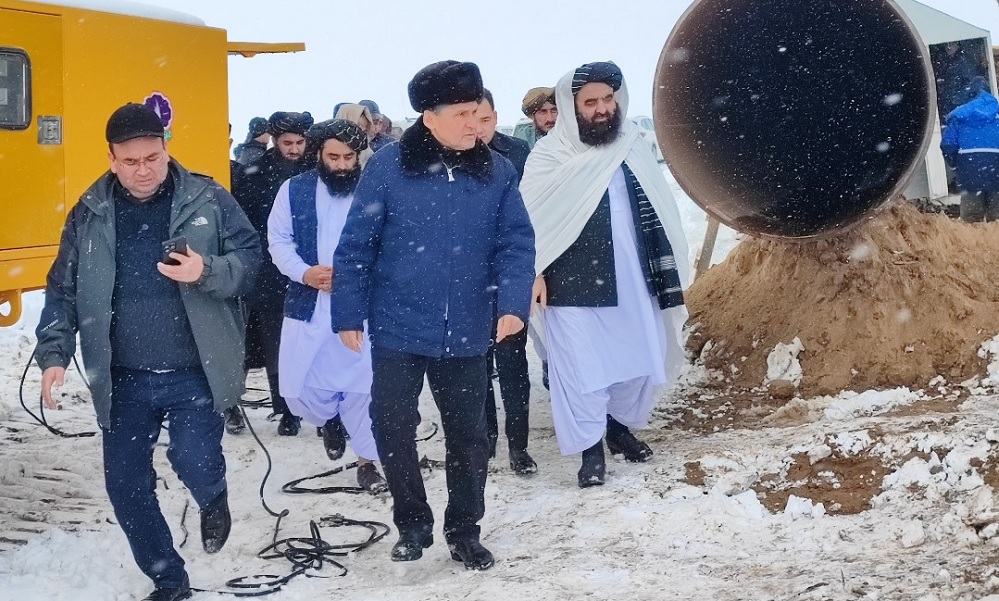
Acting Foreign Minister of the Islamic Emirate Amir Khan Muttaqi and Turkmenistan’s Foreign Minister Rashid Meredov visited the Turkmenistan-Afghanistan-Pakistan-India (TAPI) gas pipeline project in Afghanistan.
According to a statement issued by the Ministry of Foreign Affairs on Monday, the two sides discussed the railway expansion, construction of railway warehouses in Turghundi, the transmission of optical fiber, and creation of facilities in visa and transportation, in addition to implementing the TAPI project.
The Turkmen FM briefed on the progress of the TAPI pipeline construction in Afghanistan, the pace of work, and the next steps.
The two sides agreed that technical teams would continue to meet in Kabul and Ashgabat to accelerate the work of the TAPI project, expand railway, electricity issue, and transportation facilities, simplification of visa issuance and economic cooperation.
The TAPI pipeline is 1,821 kilometers long and has an annual transport capacity of 33 billion cubic meters of natural gas, making it one of the largest regional infrastructure projects.
-

 Latest News4 days ago
Latest News4 days agoEU, UNAMA condemn attack at refugees ministry in Kabul
-

 Latest News4 days ago
Latest News4 days agoBlinken defends US withdrawal from Afghanistan in House appearance
-

 World4 days ago
World4 days agoLebanese man returns home after 32 years in Syrian prisons
-

 Sport5 days ago
Sport5 days agoNabi makes history in T20I against Zim, his 300th international match
-
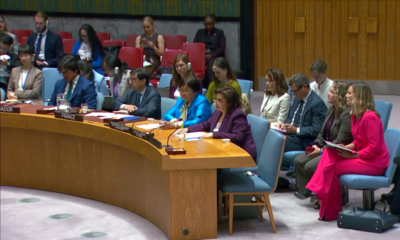
 Latest News4 days ago
Latest News4 days agoUNSC to hold meeting to review situation in Afghanistan
-

 Latest News5 days ago
Latest News5 days agoPakistan ‘deeply shocked’ at martyrdom of Refugee Minister in Kabul bombing
-
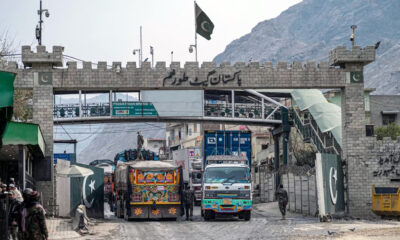
 Business3 days ago
Business3 days agoDaily truck clearances at Torkham drop from 400-500 to 5-10
-

 Regional3 days ago
Regional3 days agoIsrael kills at least 66 Palestinians in Gaza, strikes post office used as shelter

















